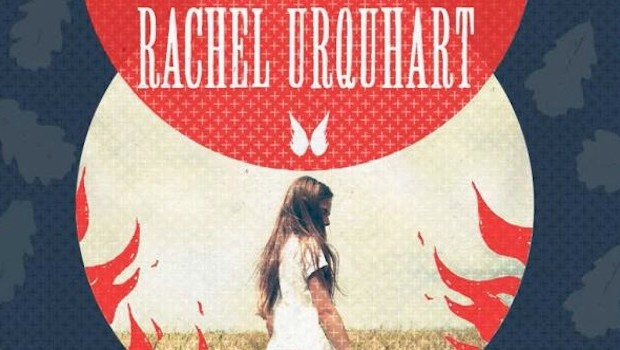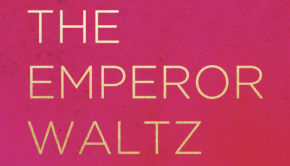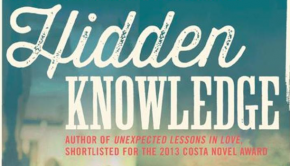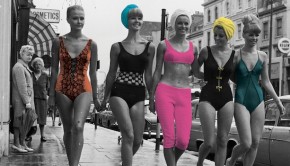The Visionist by Rachel Urquhart
| Press reviews | Buy the book | Have your say |
Blurb: ‘It was years before a Visionist came to the City of Hope. How could I have fathomed that her presence in our small, remote sanctuary – as unforeseen to her as to anyone – would change everything?’ Massachusetts, 1842. Fifteen-year-old Polly Kimball sets fire to her family farm, killing her abusive father. With his fiery ghost at her heels, Polly and her young brother seek refuge in a local Shaker community – the City of Hope. Polly has much to hide from this mysterious society of believers, with the local fire inspector on her trail and the ever-present daemons from her past. But when they hail her a ‘Visionist’, the first their community has known, she is subject to overwhelming scrutiny. Despite being fiercely protected by a young Shaker sister named Charity, a girl who has never known the outside world yet will stake her very soul on Polly’s purity, Polly finds herself in danger from forces both sides of the City’s walls. And in a world where faith and fear coexist, safety has a price. (Simon & Schuster, February 2014)
Amber Dermot, The New York Times
“The true virtue of this story is the meditative consideration of the value of hardship and the transformative nature of ecstasy. Like Marilynne Robinson’s Gilead and Edward P. Jones’s The Known World, The Visionist aspires to illuminate our understanding of faith, resilience, shame and forgiveness.”
Kate Saunders, The Times
“Urquhart takes the reader into the heart of this legendary sect and its eccentric rules (for instance, no sex); but this is also a very compelling mystery story, and gorgeously written.”
Hephzibah Anderson, The Daily Mail
“Part mystery, part coming-of-age tale, it probes questions of faith and fear while deftly illuminating Shakerism.”
Lisa Page, The Washington Post
“Urquhart, a former writer and editor at Vogue, Spy and Allure magazines, has done her research, and it shows. This is the strength of The Visionist, which also has a deep feminist subtext. The primacy of women, the matriarchal structure of the settlements, the spinning of wool and the weaving of baskets — all these aspects of their domestic life empower the sisters of the City of Hope. But otherwise, this novel leaves much to be desired. There is a mystery involving May’s whereabouts and the real heir of the burned farm, but it isn’t terribly compelling. Polly’s exaltation as a visionist and her eventual fall from grace are largely predictable.”
Buy the book
Amazon | Foyles | Hive | Waterstones
OMNISCORE:












